Are you looking for ways to spice up your bird’s diet? If so, you might be exploring what human foods you can feed your pet bird to change things up from time to time. However, many foods can be harmful to birds, and ingesting certain ones can even be fatal. Side effects can range from an upset stomach and hyperactivity to cardiac arrest and death in the worst cases. Because of these severe consequences, bird owners should be aware of what foods have the potential to be deadly. Let’s review 17 human foods that owners should avoid feeding to their birds altogether.
1. Chocolate
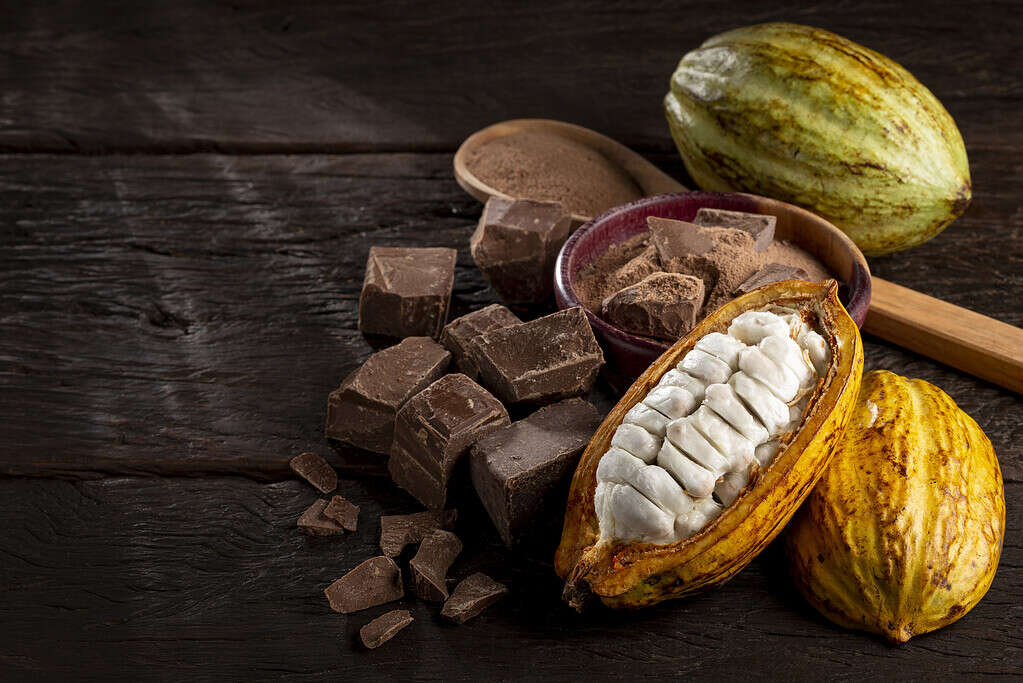
Feeding your bird even the smallest amount of chocolate can be dangerous.
©WS Studio/iStock via Getty Images
Many of us have heard that dogs should never eat chocolate, but it’s important to know that birds should avoid this food as well. Although many people find it delicious, this food is toxic to many animals. Ingesting it puts your bird at risk for digestive issues, seizure, and in some cases, death.
2. Coffee
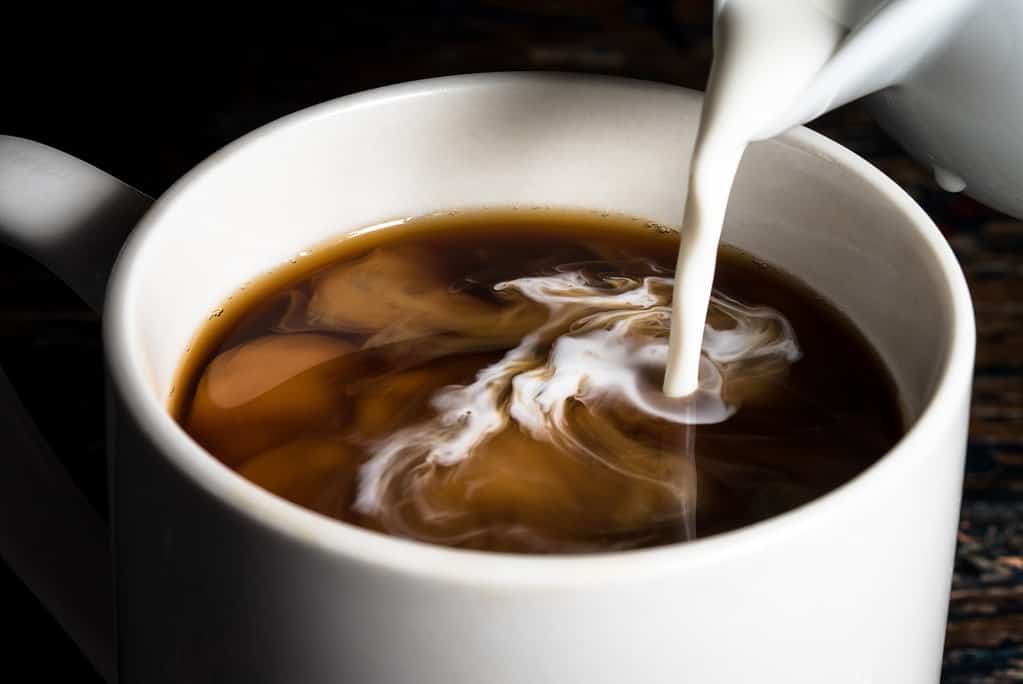
Coffee beans, coffee grounds, soda, energy drinks, and tea leaves should be kept far away from the reach of birds.
©Michelle Lee Photography/ via Getty Images
Next time you sit down with your morning coffee and your bird wants to join you, make sure they stay far away from your cup. Caffeine in any form is harmful to birds, and consuming coffee can have deadly side effects. Even a little sip of coffee has the potential to induce arrhythmia, and in some cases, birds may even go into cardiac arrest.
3. Avocado
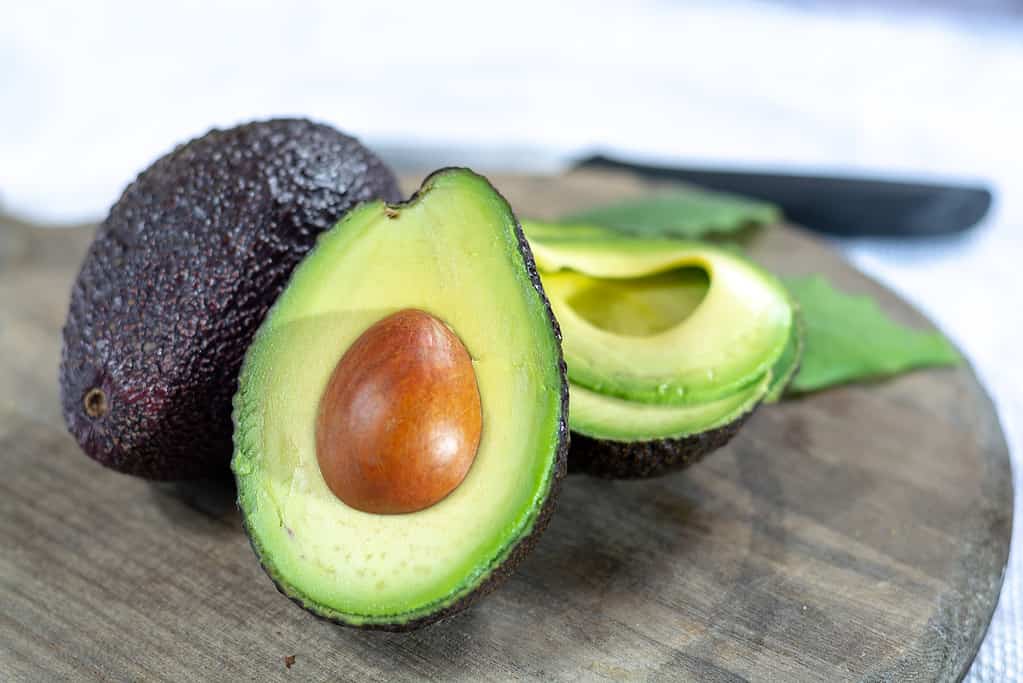
Many pet owners have made the mistake of feeding their animals avocados.
©barmalini/iStock via Getty Images
Although avocado might seem like a wonderful, healthy treat for your avian friends, allowing them to eat this food will have consequences. According to the University of Illinois, “Avocados contain persin, which is toxic to the heart in several species, but not humans. All parts of the plant—skin, meat, pit, leaves—contain the toxin. The most common signs of persin toxicity in birds are collapse, lethargy, heavy breathing, and sudden death.”
4. Sugar
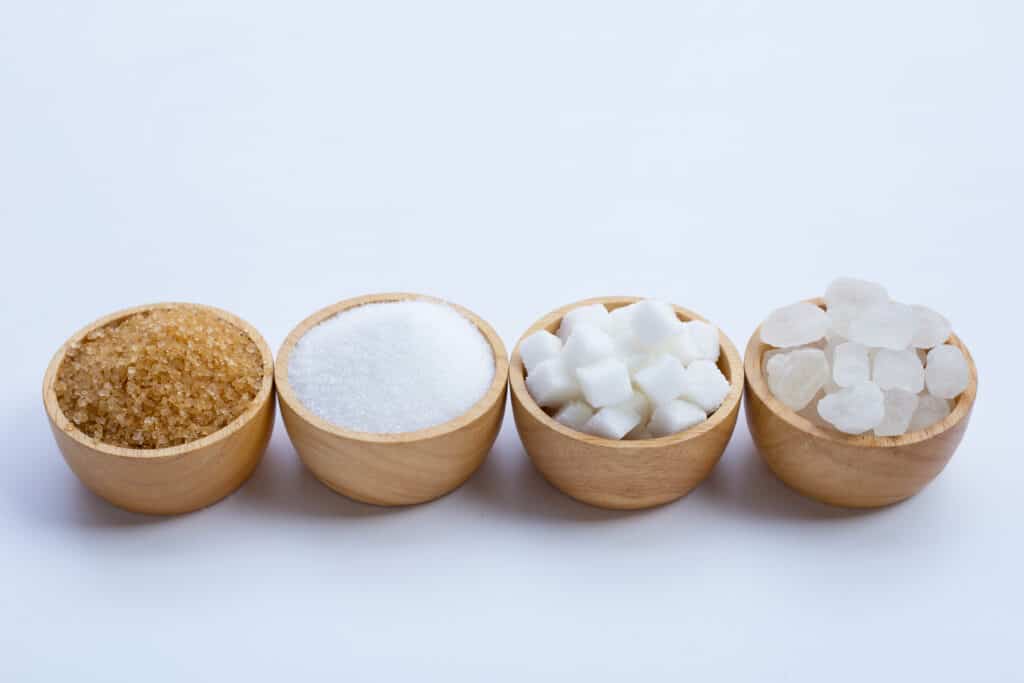
Excessive sugar consumption can be harmful to humans as well.
©Bowonpat Sakaew/Shutterstock.com
In addition to chocolate, you should avoid feeding your birds any food that contains sugar. Birds have a difficult time digesting this sweet substance. Consumption of sugar in any form can lead to gastrointestinal issues. If you want to give your bird a sweet treat, try feeding them some berries instead.
5. Bacon
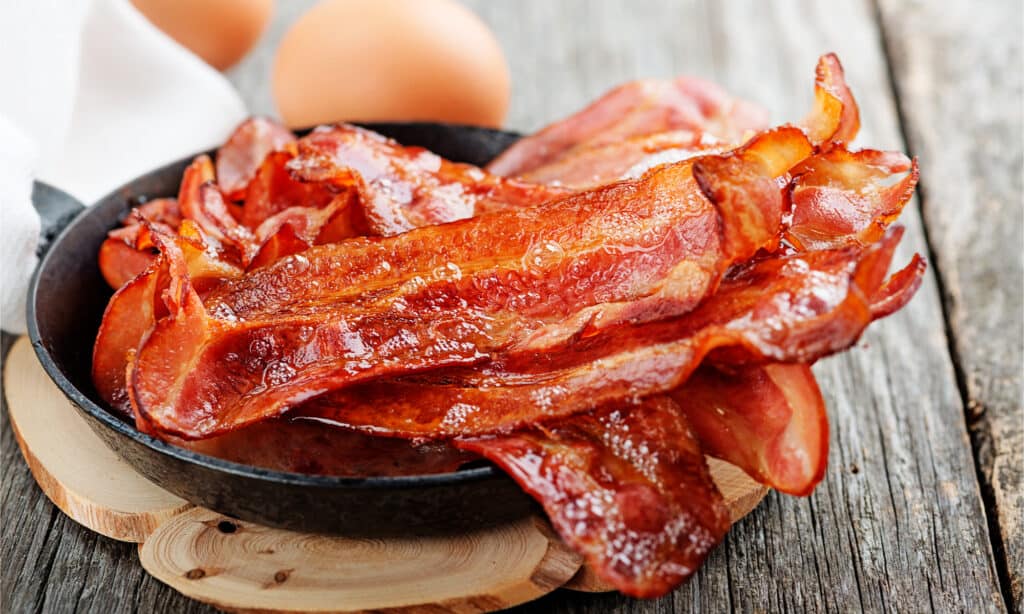
Many animals will become sick if they ingest bacon.
©nelea33/Shutterstock.com
Believe it or not, bacon is one of the most deadly foods of all if consumed by birds. These animals are at risk of developing serious health conditions if they ingest even small amounts of salt and fat. Unfortunately, bacon is a food jam-packed with these two ingredients.
6. Salt
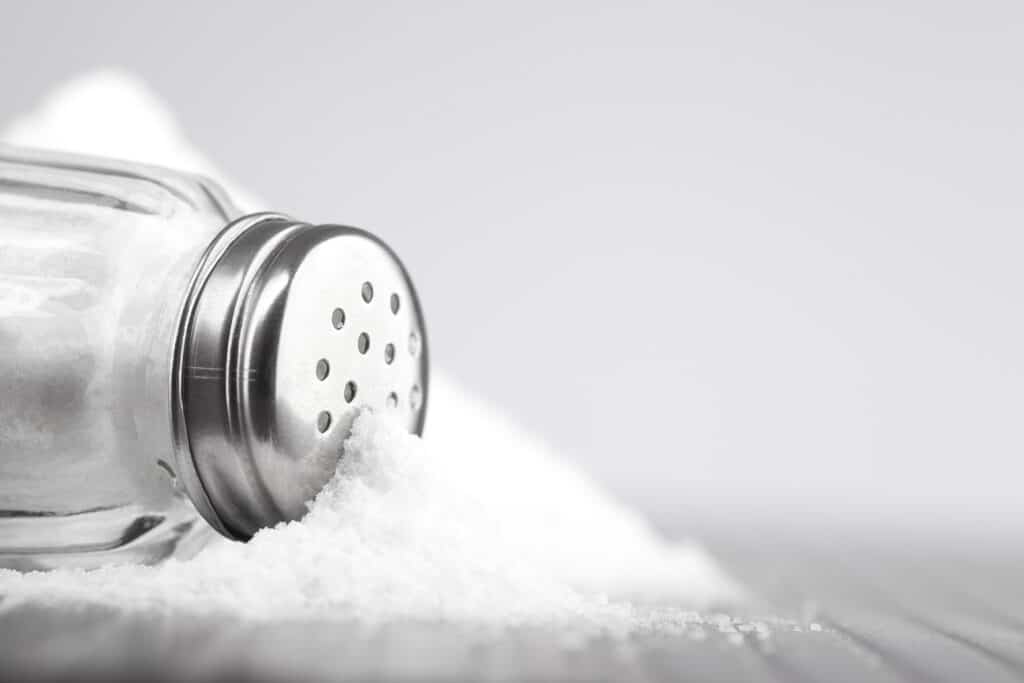
Even eating the smallest amount of salt can lead to kidney failure and death in birds.
©HandmadePictures/Shutterstock.com
Salt might seem somewhat harmless to humans, but this seasoning is deadly to birds. Birds are often sensitive to salt, and the amount of salt on a potato chip could be enough to put your animal in serious danger. Be vigilant to keep salt far out of the reach of your birds.
7. Dairy
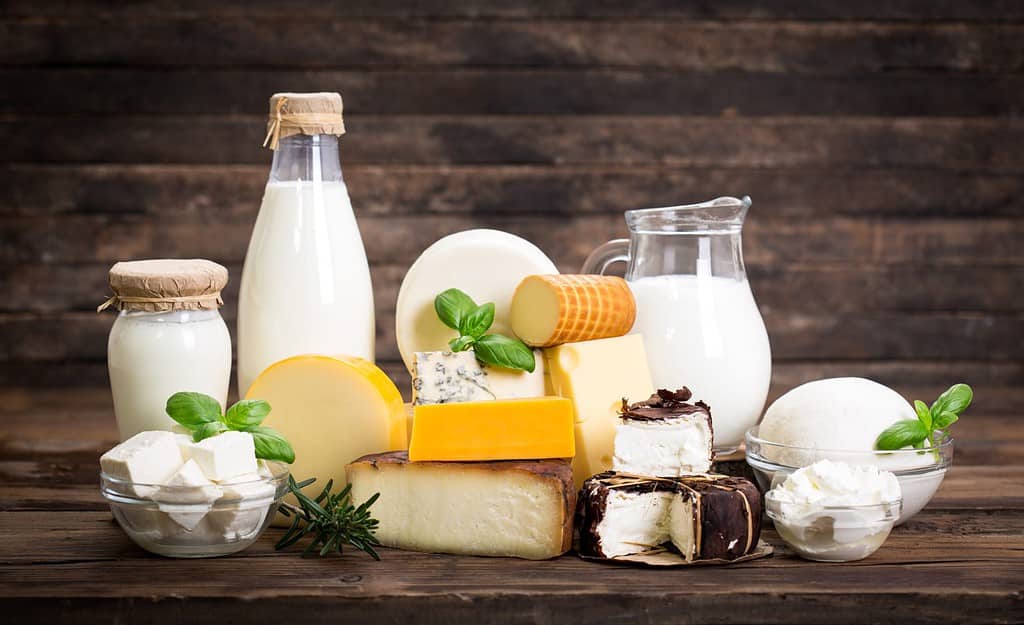
Feeding your birds dairy can cause them to experience gastrointestinal discomfort.
©pilipphoto/Shutterstock.com
While kittens are famous for loving milk, birds should keep all forms of dairy off the menu. Birds are much like lactose-intolerant humans. These animals don’t have the enzyme lactase present in their bodies, and therefore, digesting dairy can be difficult. While eating small amounts of dairy won’t have the potential to kill your bird, they should be avoided whenever possible.
8. Alcohol
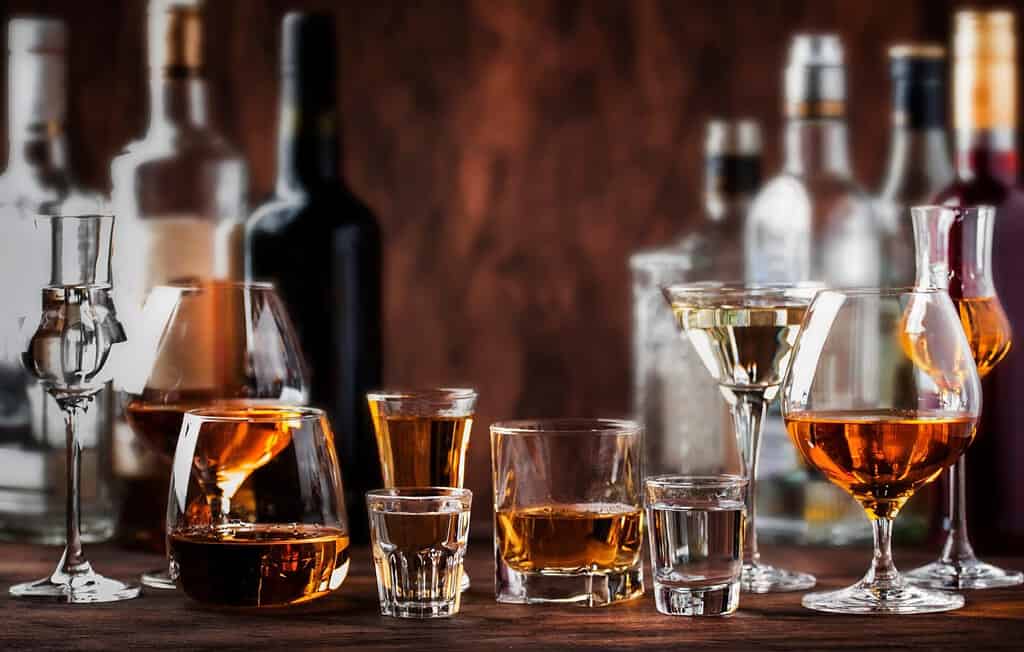
Drunk birds may have difficulty flying.
©5PH/Shutterstock.com
It might seem obvious, but consuming alcohol is harmful to a wide variety of animals, birds included. While some birds may inadvertently get drunk by consuming fermented fruits in the wild, refined alcohol such as vodka or whiskey can have serious side effects. Liver and kidney damage and digestive issues may arise if your bird drinks alcohol.
9. Mushrooms
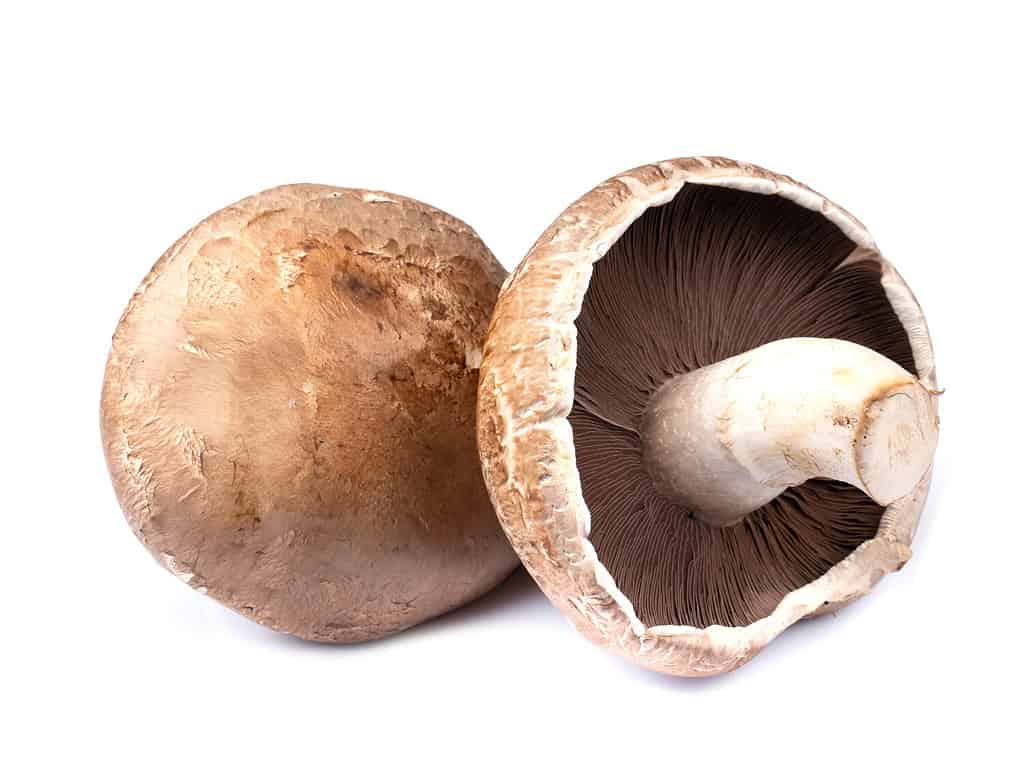
Experts believe that over 5,000,000 different fungi species exist today.
©freedomnaruk/Shutterstock.com
Mushrooms might seem like another healthy food to incorporate into your bird’s diet, but owners should think again. Not every mushroom is toxic for birds, but because they provide little benefits and the risk is greater than the reward, experts recommend avoiding mushrooms completely.
10. Onions
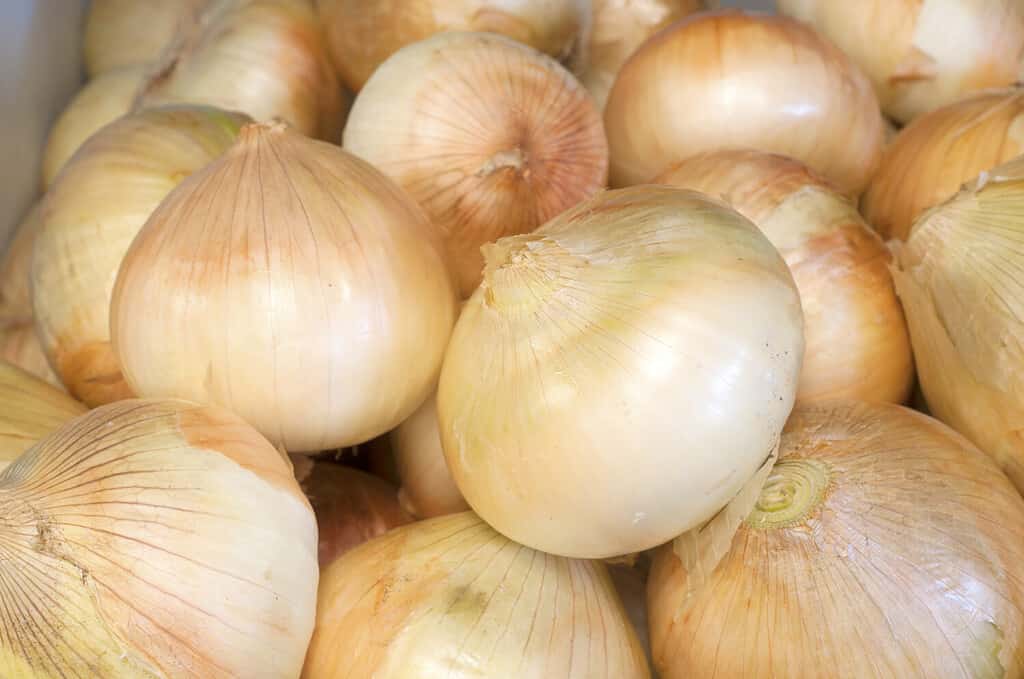
Feeding your bird onions may be fatal.
©Candace Hartley/Shutterstock.com
Onions are toxic to a variety of animals, and birds are no exception. Consuming onions can cause birds to develop a condition called hemolytic anemia which causes birds to experience symptoms such as weakness, confusion, lethargy, and fever.
11. Citrus
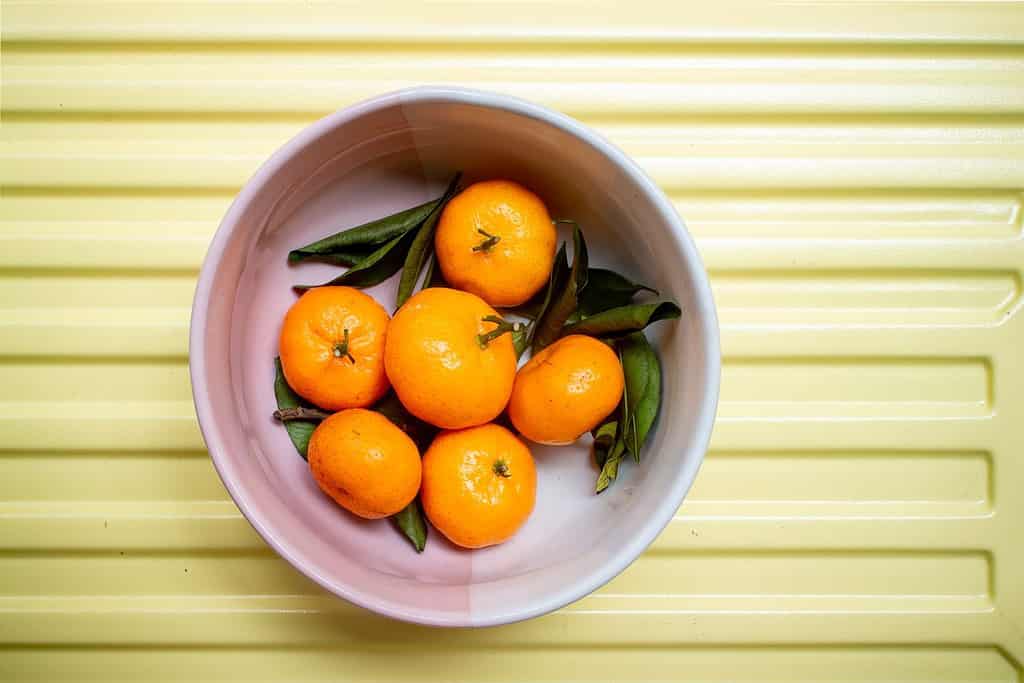
If you must feed your birds citrus, limit their consumption to ensure that they stay healthy.
©agung n. wibowo/Shutterstock.com
Although birds are allowed to have citrus fruit in moderation, overconsumption of it can lead to digestive harm. It’s better to stick to the fruits birds are able to safely consume such as blueberries, raspberries, grapes, and bananas.
12. Garlic
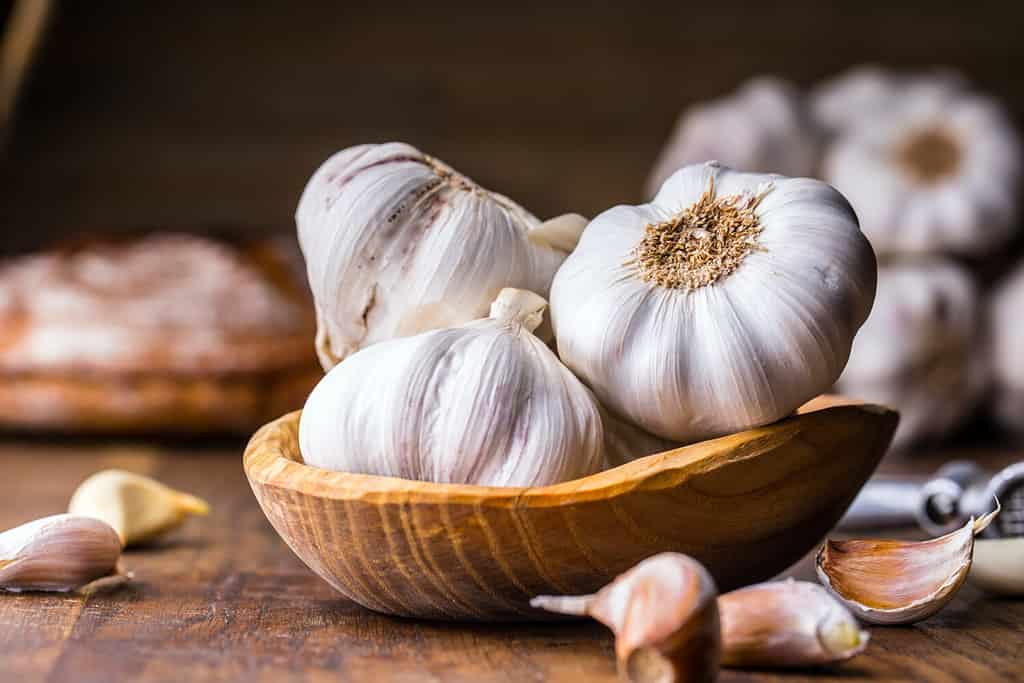
Even though garlic is linked to several health benefits in humans, the same cannot be said for birds.
©Marian Weyo/Shutterstock.com
Similar to onions, birds should stay away from garlic as well. Garlic contains allicin, which when consumed may cause side effects such as weakness and nausea. According to the Unusual Pet Vets, “Very small amounts of these foods are not generally toxic, but there are reports that a ¼ of a garlic clove can be fatal to parrots.”
13. Fruit Pits
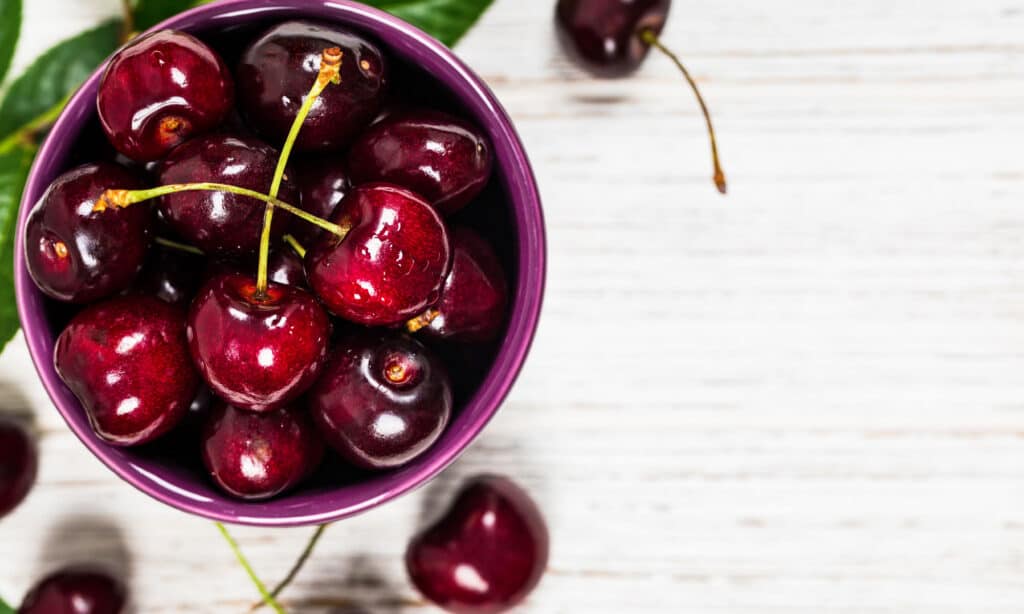
When chewed, cherry pits can release cyanide.
©alisafarov/Shutterstock.com
Many fruits are suitable for bird consumption, however, owners must ensure that they are prepared properly before offering them. In particular, the pits of cherries and plums are highly toxic to birds.
14. Fruit Seeds
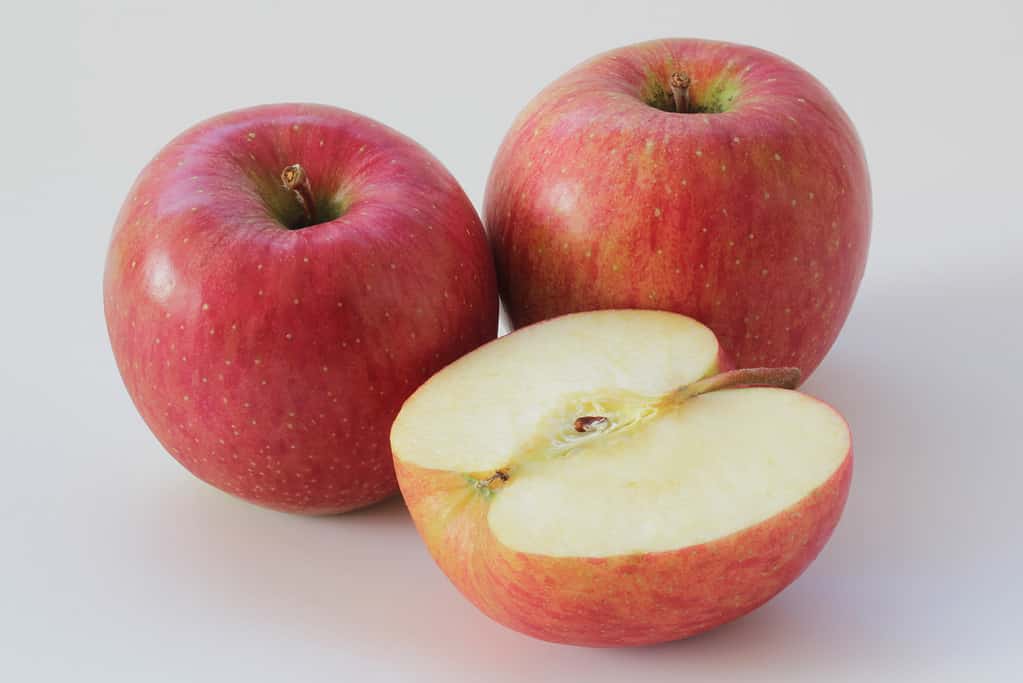
You can still feed your bird pieces of apple as long as you cut the core and seeds out.
©k--k/Shutterstock.com
Similar to fruit pits, there are several fruit seeds that birds should avoid ingesting altogether. Apple seeds and pear seeds contain trace amounts of cyanide that can be harmful when ingested. Even though a bird would need to eat a significant amount of seeds to pass away, it’s best to avoid consumption completely.
15. Celery
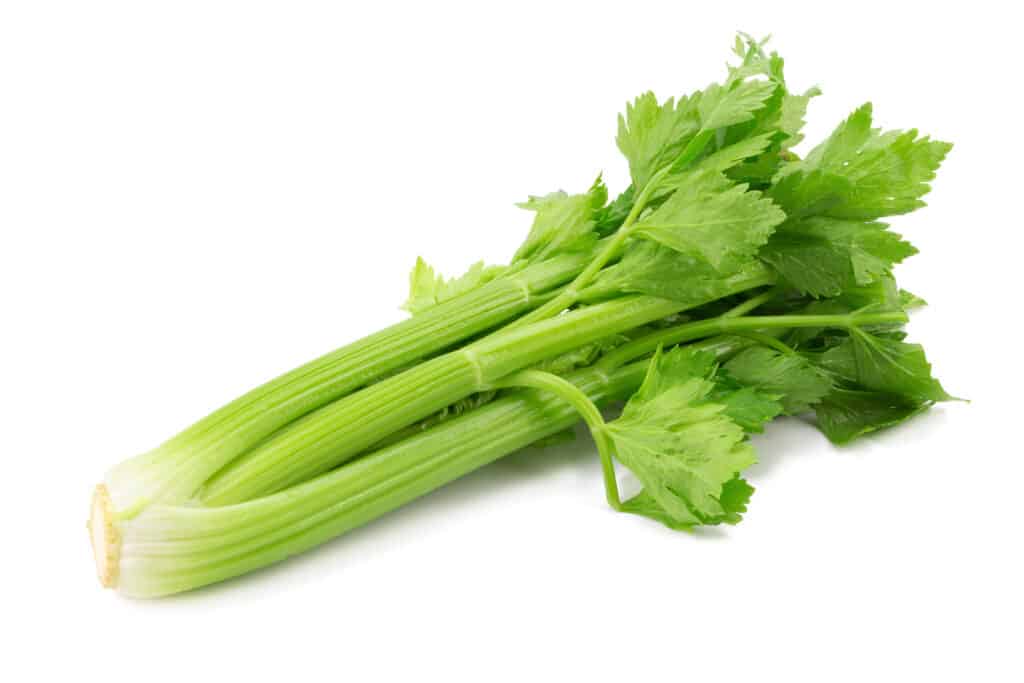
With so many other suitable options, celery should stay off the menu.
©Kaiskynet Studio/Shutterstock.com
Celery is yet another food that might seem suitable to feed your bird, but there are certain dangers owners might not be aware of. The stringy texture that this vegetable is known for has the potential to cause digestive blockages within birds’ bodies.
16. Tomato

If your bird gets their hands on a piece of tomato, don’t panic. Although this fruit isn’t an ideal bird food, it’s far from deadly.
©Kamila Koziol/Shutterstock.com
Tomatoes are one of the most diverse fruits of all, and humans have been adding them to a variety of dishes throughout history. However, it’s best that birds avoid them to stay safe. While birds are known to eat tomatoes out in the wild, their acidity can cause gastrointestinal discomfort if consumed in large amounts.
17. Uncooked Beans
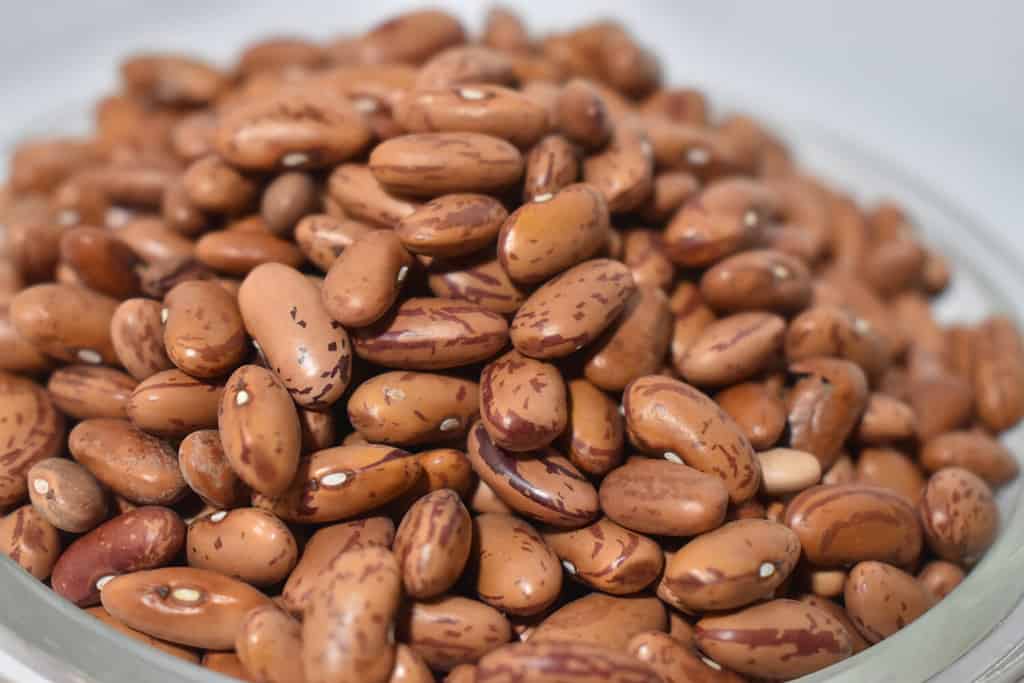
Cooking beans will make them suitable for bird consumption.
©Shailendra Pawar/Shutterstock.com
Beyond being a choking hazard, uncooked beans have a toxin called hemaglutin that can be fatal if ingested by birds. This food might look similar to bird feed, but there are far better options out there.
The photo featured at the top of this post is © barmalini/iStock via Getty Images
Thank you for reading! Have some feedback for us? Contact the AZ Animals editorial team.






